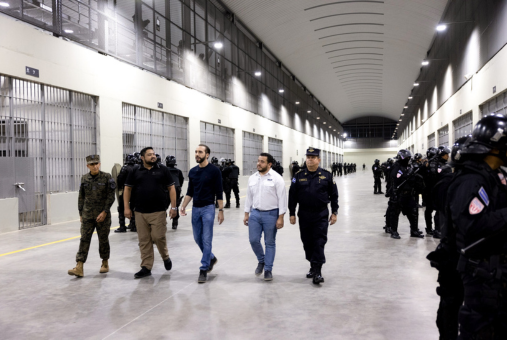
El Faro, the leading investigative outlet in El Salvador, says the government is preparing arrest warrants against its journalists following publication of interviews linking President Nayib Bukele’s political rise to support from gangs.
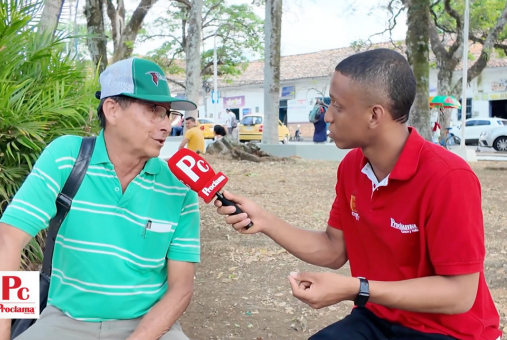
Threats from armed groups, insults from officials and low salaries put local journalism in Colombian in check, according to entities defending press freedom.
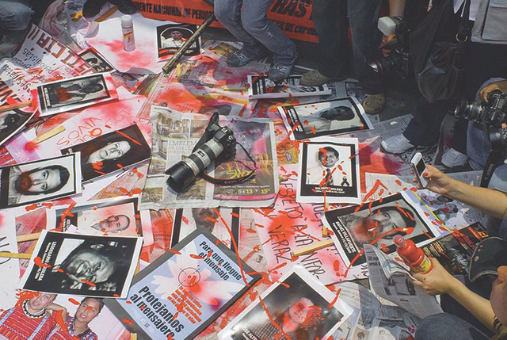
Participants of a cross-industry meeting in Mexico City emphasized the importance of collaboration, a global community, digital literacy and public support for journalism.

Women have fought gender stereotypes and secured a place in announcing soccer games on Brazilian television in the past six years. On social media, however, misogynistic and aggressive campaigns against them still persist.
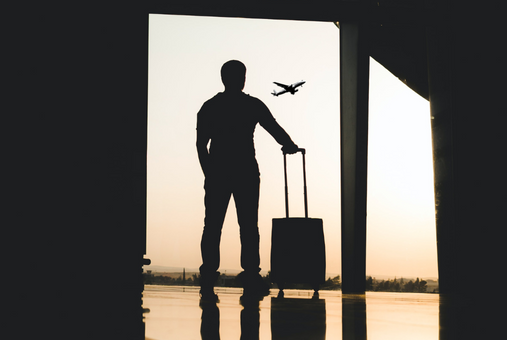
The phenomenon of exiled journalists is not new, according to the UN Rapporteur on freedom of expression, Irene Khan. However, the increase in recent years has caused concern and hence the need for both States and civil society to come together to offer help. Organizations from Latin America join that call.
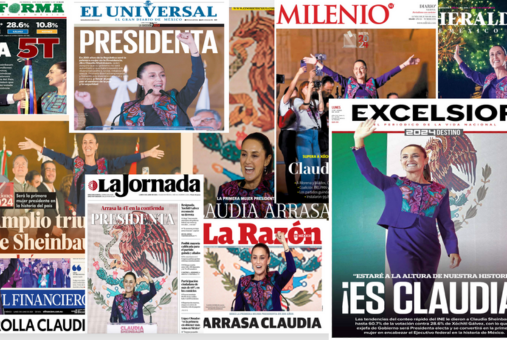
Days before her landslide victory at the polls and election as the next Mexican president, Claudia Sheinbaum made a commitment to Reporters Without Borders to protect journalists in the country. To keep her word, she will need to promote profound reforms in the Mexican justice system.
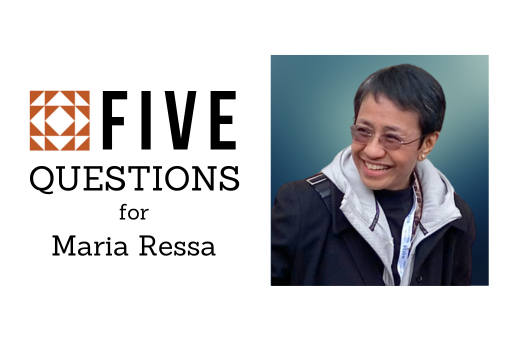
Journalist and 2021 Nobel Peace Prize laureate Maria Ressa, who was attacked by an authoritarian regime for her critical journalism in the Philippines, said the harassment faced by many journalists working today in Latin America is identical to what she experienced. In our 5 Questions section, she advises her Latin American colleagues to join forces, collaborate and seek support.

The U.S. Board of Immigration Appeals ruled that journalist Emilio Gutiérrez Soto, who was denied asylum after he fled Mexico in 2008 due to threats related to his reporting, was eligible for asylum. Organizations consider the decision a landmark that sets an important precedent for journalists’ safety and press freedom in the region.
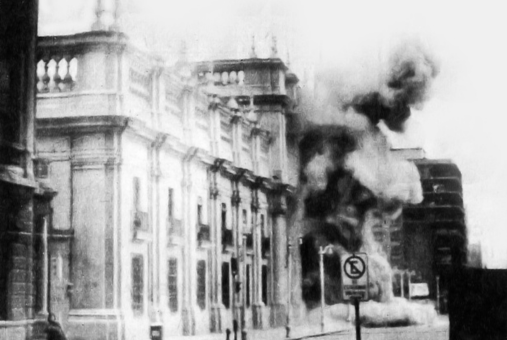
Marking the 50th anniversary of the 1973 coup in Chile, a reissued book offers firsthand accounts from journalists who faced bombings, arrests, and censorship as they struggled to report during that fateful day. The work aims to combat "collective amnesia" about a pivotal event that changed Chile forever.

A key figure in both Ecuadorian journalism and politics, 'Don Villa' earned his reputation through fearless investigative journalism, opening the way to high-profile convictions that included former President Rafael Correa. His fusion of activism with journalistic rigor drew a spectrum of responses, ranging from admiration to critical scrutiny.
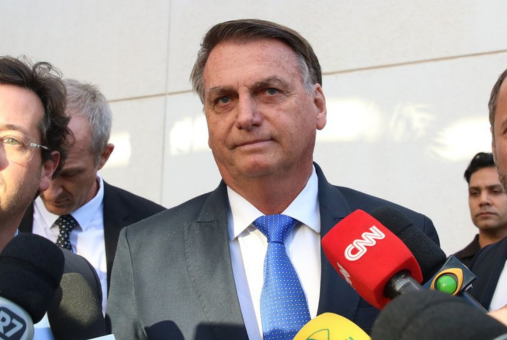
Former Brazilian President Bolsonaro's attacks on journalists didn't deter media coverage during his term. Instead, journalists used the criticism as motivation, as shown by a study conducted by researchers from the University of Texas and published in The International Journal of Press/Politics. Interviews with 18 targeted journalists revealed their increased determination, underscoring the resilience of Brazilian journalism in the face of adversity.
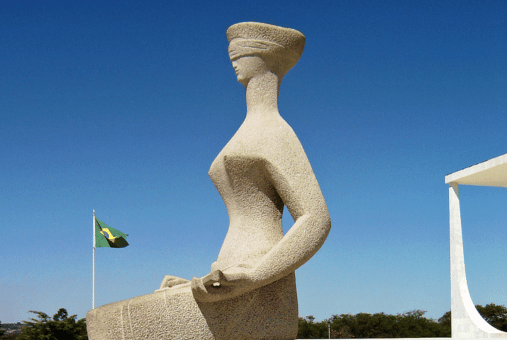
In recent months, press freedom has faced a wave of judicial censorship in Brazil, with stories taken down, magazines recalled from newsstands and a documentary banned. These court rulings are in conflict with the Constitution, which experts say favors freedom of information, and prompt discussions about the need for new laws to protect journalists.